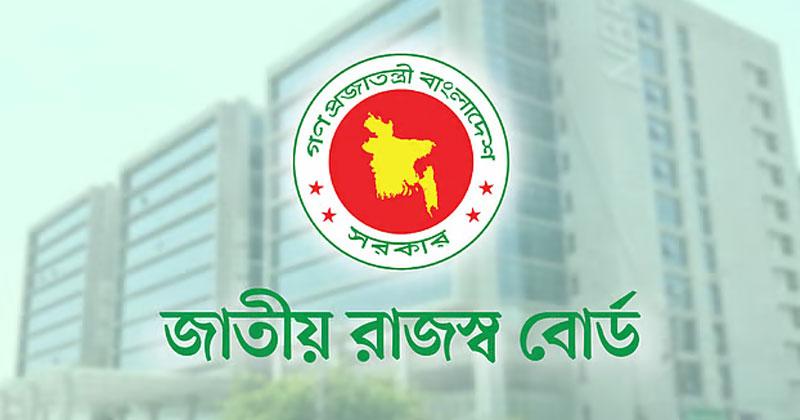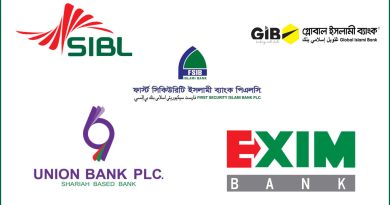Long-standing calls for reforming the National Board of Revenue (NBR) resurfaced on Saturday, as former tax officials, business leaders, and policy analysts pressed for immediate restructuring to address inefficiencies undermining fiscal stability and growth.
At the heart of the debate is the long-recommended separation of revenue policy from revenue administration—a proposal first developed by the NBR reform advisory committee in consultation with businesses and stakeholders. But successive governments have failed to act.
“We recommended the separation of revenue policy from administration, but the NBR has not been restructured accordingly. If coordination fails, existing inefficiencies may worsen,” said Md Farid Uddin, former NBR member and member of the reform advisory committee.
Speaking at a roundtable titled “NBR Reform – Shaping Towards an Effective Revenue Policy and Management System in Bangladesh”, organised by the Metropolitan Chamber of Commerce & Industry (MCCI) in Dhaka, Farid Uddin urged businesses to lobby for reform. He noted that while the committee’s final report was shared with 75 organisations, including major political parties, responses were minimal.
Former NBR chairman Mohammad Abdul Majid underscored that reforms require political will. “We can draft policies and ordinances, but without political commitment, none of it matters,” he said, also criticising the new income tax law for functioning like an indirect tax regime despite its stated goals.
Business leaders echoed frustration. BGMEA Senior Vice President Inamul Haq Khan stressed that corruption, not just structural flaws, is the core issue. BKMEA President Mohammad Hatem slammed tax rules for exporters as “unlawful and a violation of human rights,” citing delays and costs caused by excessive certifications.
MCCI President Kamran T Rahman highlighted widespread tax evasion, with fewer than 3 per cent of people paying income tax. “Institutional weaknesses and political interference undermine tax administration,” he said.
Former MCCI President Nihad Kabir criticised the slow pace of customs automation, quipping: “It’s like the horse is riding while the man is walking.”
Policy Exchange Bangladesh Chairman Masrur Reaz warned that revenue shortfalls are limiting investments in infrastructure, healthcare and human capital.
Speakers agreed that without structural overhaul, corruption control, and political will, reforms to the NBR will remain stalled—leaving the revenue system increasingly unfit to support Bangladesh’s economic ambitions.






